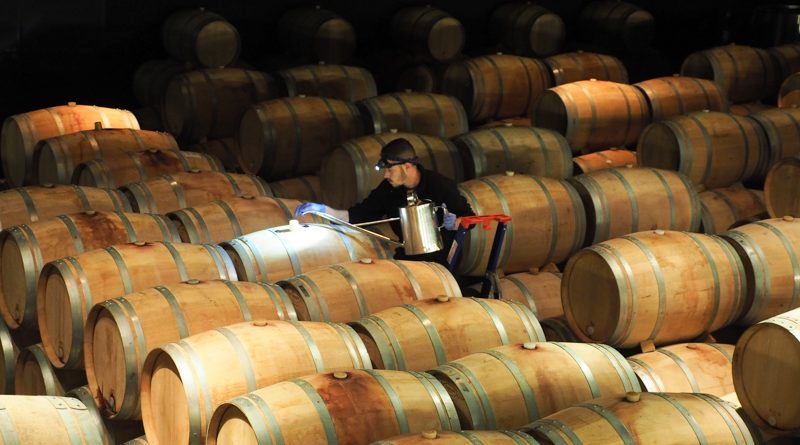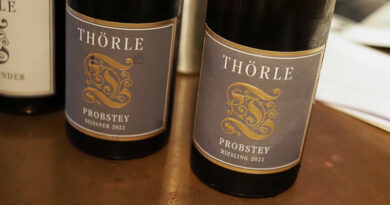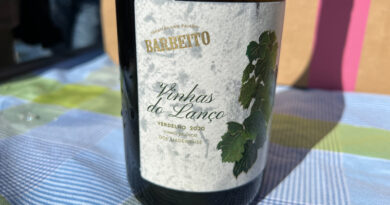Five things every wine consumer should know
- Great tasters are made not born
- Knowledge isn’t compulsory, but it enhances enjoyment
- ‘Quality’ in wine is context dependent
- Your tastes will change
- You can appreciate wine on different levels
1 Great tasters are made and not born. This is good news! It’s so egalitarian. Some of the great wine critics would like you to believe that they have a special gift. That their powers of discrimination are so finely wrought. That they see things in wine that normal mortals struggle to. It’s not the case. Professor Barry Smith says this: ‘Experts and social drinkers are no different in terms of their perceptual discriminative capacities. The difference is that novices don’t know they can do it, and don’t have confidence they can do it.’ So what does it take to turn a social drinker into an expert? ‘They have to put in the training,’ says Barry. ‘It really isn’t the case that [experts] have excellent perceptual sensory powers.’ He asserts that anyone with a normally functioning sensory system could potentially become a wine expert.
2 Knowledge isn’t compulsory but it enhances enjoyment. To appreciate wine, you don’t have to take a wine course. You don’t have to know about wine. I can enjoy a coffee without knowing much about it. I can enjoy cake without being a baker. I can like a cheese without being given any more information. The same is true for wine. But if you know a bit about what you are consuming, it can increase the enjoyment. I’ve been reading a book about trees, for example, and now a walk in the woods takes on a whole new level of engagement.
3 Quality in wine is context dependent. On a sunny day, eating al fresco, I really enjoy a simple provencale rosé. With my braai, a chunky Syrah, wild and rustic, might do the trick. Quality in wine depends on the consumption occasion, yet we so often think of wine quality as an absolute. Your 100 point Bordeaux is not always the ‘best’ wine. You want the right wine for the job, and that’s part of the fun of wine: I don’t always want to drink the same wine, and in some contexts a cheap, simple wine is better than something fancy, and can bring more pleasure.
4 Your tastes will change. Do you remember the wines you loved when you first started drinking wine? I do. I went for big, sweetly fruited red wines with lots of flavour. Lighter style reds didn’t do it for me. Now my tastes have changed, and they’ve broadened. Also, I really used to love some wines, and really hate others. Now I hate relatively few wines – but, I wonder, do I love the wines I like less than the few wines that really grabbed me when I was just starting out? Maybe my tastes will continue to evolve? And apart from these changes over time, I find my tastes change on shorter periods as well, and with my moods. I go through phases. It’s fascinating.
5 You can appreciate wine on different levels. I can go to a fancy wine dinner and drink rare and expensive bottles, and marvel at the complexity of the wine, and tease out the finer nuances. The next day I can have a dinner party with non-wine loving friends, and drink cheap supermarket wines, and enjoy them for what they are – they don’t have to be the centre of attention. There are many levels at which you can enjoy wine, and they are all legitimate. If you feel like it, you can hop between these levels. It’s the same with beer: in one context it’s possible to enjoy flavourful craft beers, and then on another occasion drink a cold flavourless lager and actually enjoy it for what it is. Don’t feel that because you aren’t drinking an expensive or highly rated wine that you are somehow missing out.




